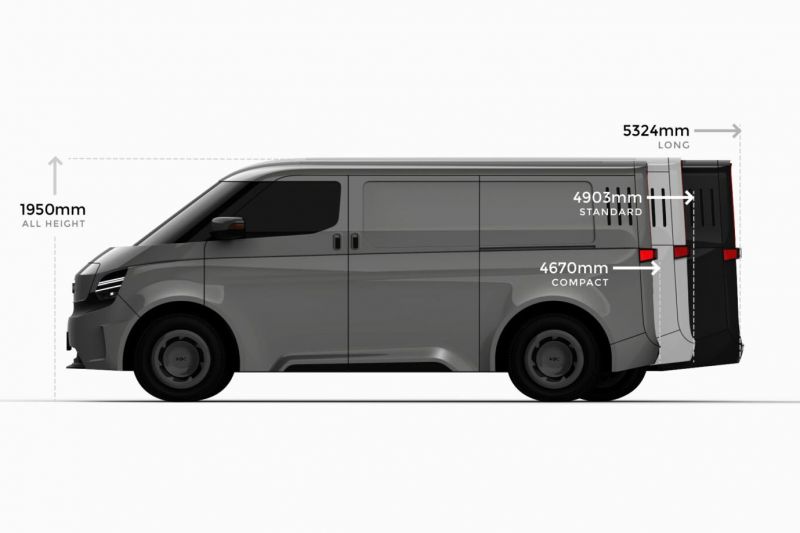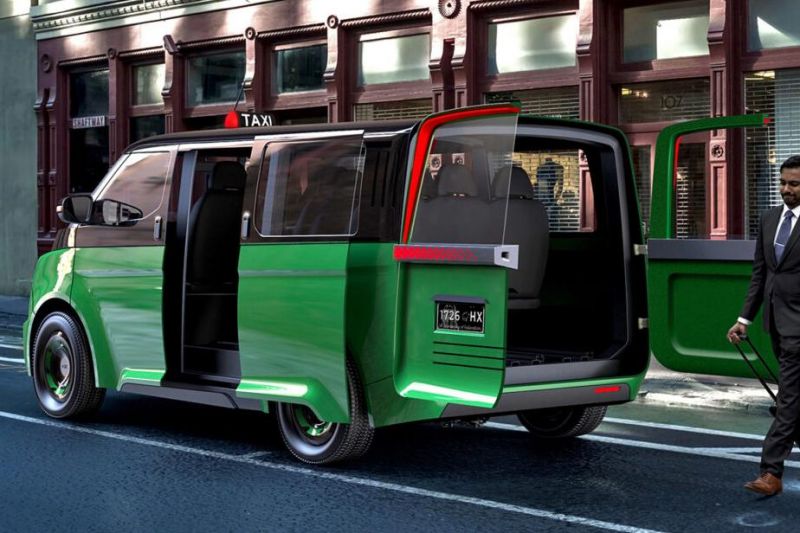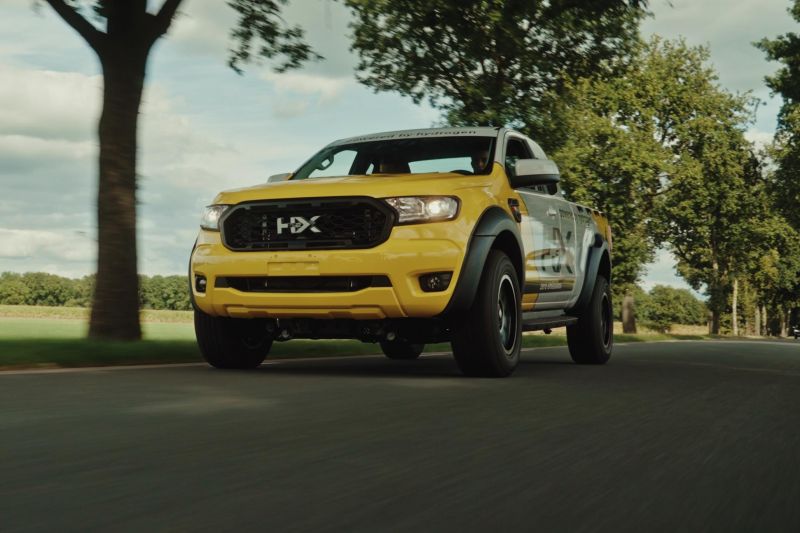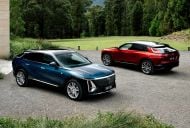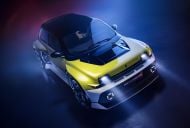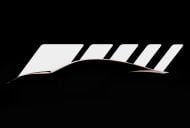Australian hydrogen fuel-cell carmaker H2X Global has reveal a van prototype co-developed with Austrian engineering firm KTM Technologies.
The H2X Darling uses a “revolutionary” lightweight platform dubbed the Origami chassis designed to reduce the cost of hydrogen fuel-cell light commercial vehicles.
Technical specifications for the Darling van remain under wraps for now, though the company claims it has more than 400km of range, payload up to 3500kg, and a towing capacity up to 2550kg.
The Darling is available in three different body lengths – Compact, Standard and Long. These measure 4670mm, 4903mm, and 5324mm, respectively, in terms of length.
These lengths are similar to a number of mid-size commercial vans including the likes of the Ford Transit Custom, Toyota HiAce, and Volkswagen Transporter.
The Compact body style has 4.6 cubic metres of loading space, the Standard body style has 5.1 cubic metres of loading space, and the Long body style has 5.8 cubic metres of loading space.
In addition to the regular van body style, the H2X Darling can be had as a refrigerated van, as well as a cab-chassis with a tray.
H2X Global is also planning to offer the Darling in a taxi configuration with six, eight or 10 seats, depending on the body length.
At this stage it’s unclear when H2X Global actually intends to put the Darling into production, though the company had previously pledged it would by the end of 2024.
The company says it’s currently in discussions with a “key supplier” which will verify and validate the company’s current project status.
As previously reported, the Australian hydrogen fuel-cell carmaker produced a ute that formed as a demonstrator vehicle for the company’s technology.
The H2X Warrego is based on the previous-generation Ford Ranger ute and has a hydrogen fuel-cell powertrain developed for light commercial vehicles, instead of a traditional internal-combustion engine.
The first release of the AWD Warrego is said to feature a 260kW electric motor and a 60kW fuel-cell connected to a 30kWh battery and 8kW supercapacitor. Total system torque outputs are yet to be released, while range is said to be 450km.
MORE: Australian hydrogen FCEV ute prepares for Euro testing





